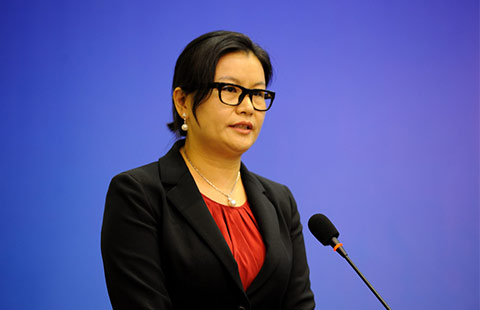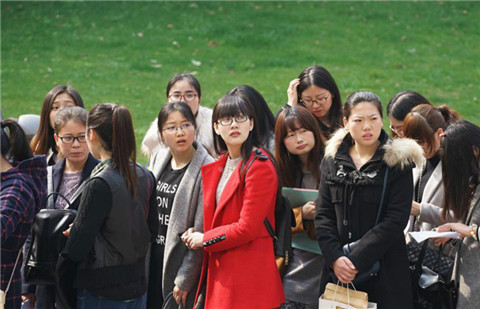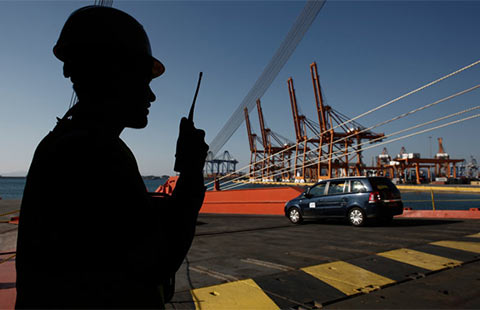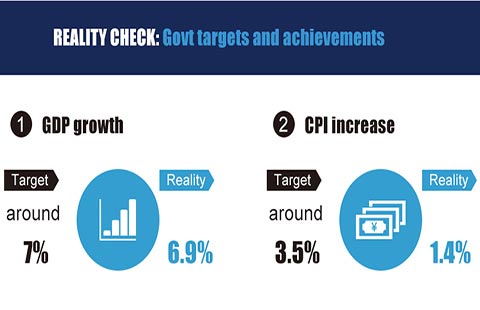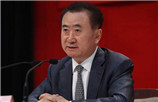Lu's Moon Lake prevails in bid for Australia's dairy company
(Agencies) Updated: 2016-03-07 09:23A Chinese investor was last month given the green light to buy Australia's largest dairy farm company, with the finance minister saying he welcomed foreign investment "not contrary to our national interests".
The sale of farmland to foreigners including to Australia's biggest trading partner China has been a sensitive issue, with Canberra in November blocking the sale of one of the world's largest cattle estates to Chinese companies.
Chinese businessman Lu Xianfeng, who owns an Australian window-blind maker and founded a Shenzhen-listed engineering company, made a 280 million Australian dollar ($202 million) bid for the Tasmanian-based and New Zealand-owned dairy business in November.
Australian Treasurer (finance minister) Scott Morrison said the Tasmanian Land Company (TLC) Group-which owns the 190-year-old dairy business Van Diemen's Land Company-had always been held by foreigners.
"I am satisfied that the Moon Lake proposal to purchase TLC is not contrary to the national interest," Morrison said in a statement, referring to Lu's company.
"It will ensure increased employment and investment in an important industry sector in Tasmania, while the safeguards we have put in place will ensure they pay their tax.
"Australia continues to welcome and support foreign investment that is not contrary to our national interests."
Van Diemen's current owner, New Zealand's New Plymouth District Council, welcomed the approval.
Lu said in a statement he was committing to expanding the business, which owns and operates 25 dairy farms including some 30,000 livestock, and increasing its workforce.
Some independent politicians had opposed the sale to Lu, saying prime dairy land should be in Australian hands.
Federal Independent MP Andrew Wilkie from Tasmania said the decision was "disappointing and not in the public interest".
"News just confirms the fact that the government either doesn't understand or doesn't care about the importance of Australian ownership of strategic assets," he said in a statement.
Australia's TasFoods Limited had made a failed bid for the company, while a Tasmanian businesswoman had also expressed interest.
- Chinese phones pushing aside Apple, Samsung
- Spurring scientists to exploit research
- Innovation blooms in manufacturing base Guangdong province
- Driven by the dream of making world-class Chinese automobiles
- Hopes rise high for stock market rally till April-end
- Mia.com growing from moms' dreams to a masculine firm
- Infographic: The low-down on China's richest women
- Neiwai cashing in on 'higher form of sexiness'
